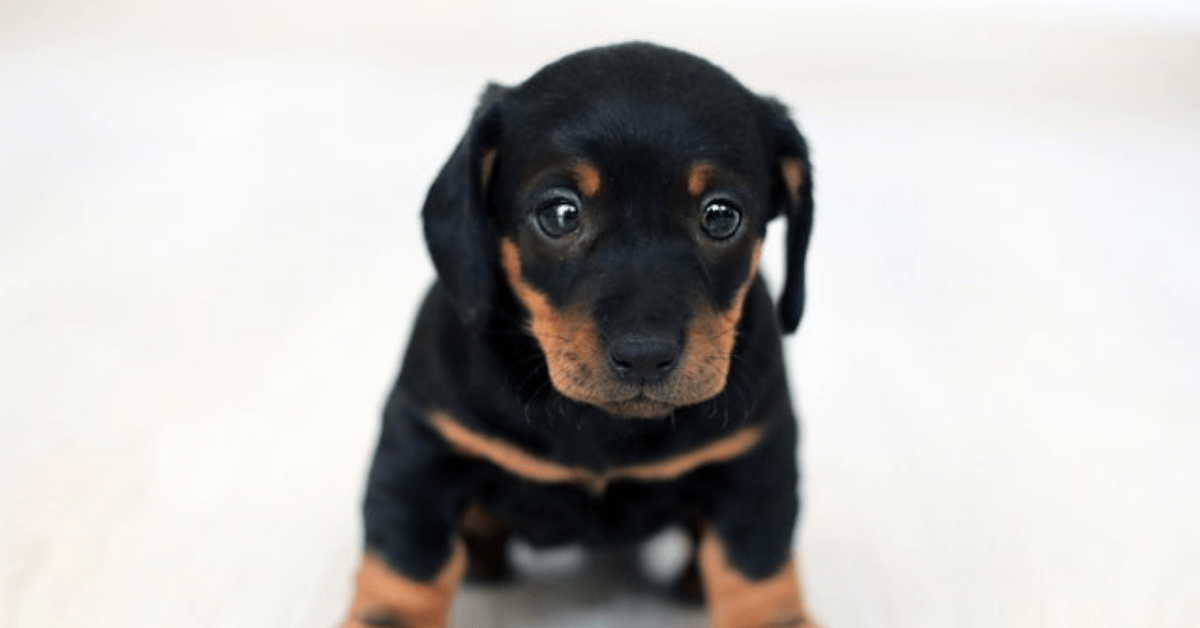Introduction

Watching your furry friend nibbling on his paw pads can be quite concerning. While it may seem like a harmless behavior, excessive chewing can point to an underlying issue. As a responsible dog owner, it's essential to understand the potential causes of this behavior and how to address it effectively. In this blog post, we'll explore why dogs chew on their paw pads, the possible reasons behind it and provide some practical solutions to help you put a stop to this behavior.
Causes of Paw Chewing in Dogs
1. Allergies
One of the most common reasons that dogs chew on their paws is allergies. Dogs are susceptible to various allergic reactions from environmental allergens like pollen, mold, and dust to food allergies. When a dog is allergic to something, his immune system responds by releasing histamines, causing inflammation, itching, and discomfort. To alleviate these symptoms, some dogs may lick or chew on their paws excessively.
2. Parasites
External parasites like fleas, ticks, and mites can also cause your dog to chew on his paws. These tiny creatures can burrow into your dog's skin, causing intense itching and discomfort. This can lead to your dog chewing and scratching his paw pads excessively to relieve the itchiness.
3. Anxiety and Stress
Just like humans, dogs can experience anxiety and stress. When dogs are feeling anxious or stressed, they may relieve their stress by chewing on their paw pads. This behavior can also be a coping mechanism for dogs that experience separation anxiety or fear of loud noises like thunder.
4. Skin Infections
Fungal, bacterial, and yeast skin infections can also result in paw-chewing behavior. These infections can cause intense itching and discomfort, leading your dog to chew on his paw pads. If you notice redness, swelling, or discharge around your dog's paw pads, it's essential to visit your veterinarian.
Remedies for Paw Chewing in Dogs
1. Address the Root Cause
To stop your dog from chewing on his paw pads, it's essential to address the underlying cause. If your dog has allergies, consider eliminating the allergen or scheduling a visit with your veterinarian to find appropriate medication. For parasites, make an appointment with your veterinarian to prescribe flea and tick control products. If your dog is stressed or anxious, consider providing him with anxiety relief toys or scheduling behavioral training sessions.
2. Keep your Dog Busy
One way to reduce your dog's urge to chew on his Paw pad is by keeping him busy with exciting dog toys. Toys that require active play, such as squeaky balls, puzzle toys, and chew bones, can help distract your dog from chewing on his paw pads.
3. Regular Paw Care
Maintaining proper paw hygiene is essential in preventing infections that can cause excessive chewing. Regularly clean your dog's paws with a mild soap and warm water, and dry them thoroughly. Check your dog's paw pads regularly for any signs of redness, swelling, cracks, or discharge.
Conclusion
In conclusion, dogs chew on their paw pads for various reasons, including allergies, parasitical infections, stress, and skin infections. As a dog owner, it's crucial to look out for these signs, address the underlying causes, and take necessary steps to provide them with appropriate remedies. By taking these actions, you can prevent your dog from developing paw chewing behavior and keep him happy and healthy.